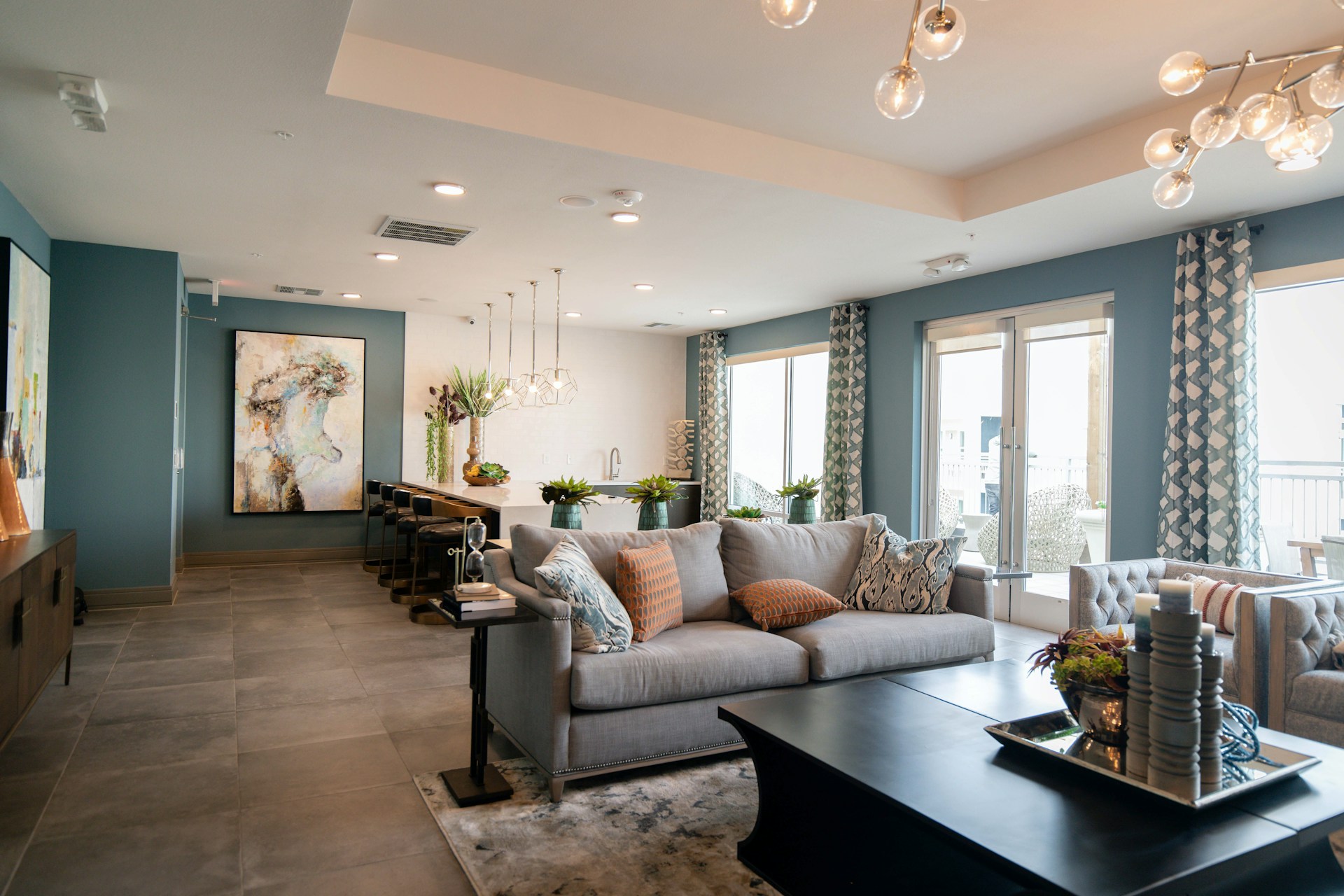Choosing the Right Ventilation System for Your Residential or Light Commercial Property
Apr 08, 2024
Proper ventilation is essential in maintaining a healthy and comfortable indoor environment within your residential or light commercial property. It helps regulate indoor air quality by circulating fresh outdoor air, removing allergens, odors, and pollutants, and maintaining humidity levels. Additionally, efficient ventilation contributes to energy savings by preventing excess moisture buildup and, consequently, reducing the need for air conditioning.
Selecting the right ventilation system for your property is crucial to achieving a balanced indoor environment, maintaining structural integrity, and preventing health-related issues associated with poor air quality. Various ventilation systems are available, each offering unique advantages and catering to different property types and requirements. When choosing a ventilation system, factors such as property size, construction type, climate, and occupancy should be kept in mind.
Learn the importance of adequate ventilation for residential and light commercial properties, explore various ventilation options, and share insights on selecting the most suitable system tailored to your unique requirements. Our professionals understand the complexities involved in designing and installing effective ventilation systems and are here to guide you through the process, ensuring you make an informed decision for your property.
Understanding Different Types of Ventilation Systems
A key aspect of choosing the appropriate ventilation system for your property involves understanding the various options available. Below are four common types of ventilation systems that our technicians often recommend for residential and light commercial applications:
1. Exhaust Ventilation Systems: These systems function by expelling stale indoor air and creating negative pressure within the property. The fresh outdoor air is then drawn in through windows and other openings, maintaining healthy indoor air circulation.
2. Supply Ventilation Systems: Using a fan to introduce fresh outdoor air, supply ventilation systems create positive pressure inside the building, forcing stale indoor air out through vents and openings. This system type is particularly beneficial for regions with colder climates as it helps prevent cold drafts.
3. Balanced Ventilation Systems: As the name suggests, balanced ventilation systems combine the principles of both exhaust and supply systems, maintaining an equilibrium between the indoor and outdoor air pressure. These systems provide superior control over the circulation of fresh air, making them ideal for properties with unique requirements.
4. Energy Recovery Ventilation Systems: These advanced systems utilize heat exchangers to transfer heat and moisture from the incoming fresh air to the outgoing stale air, maintaining comfortable indoor temperatures while conserving energy. Energy recovery ventilation systems are especially recommended for regions with extreme temperature fluctuations as they provide enhanced temperature control and energy efficiency.
Factors to Consider When Choosing a Ventilation System
In selecting the optimal ventilation solution for your property, consider the following critical factors:
1. Property Size and Layout: The size and layout of your property will significantly influence the type of ventilation system required to maintain optimal air circulation. Larger or more complex properties may necessitate comprehensive solutions, such as balanced or energy recovery systems.
2. Climate: The local climate should also be taken into account when selecting a ventilation system. For instance, properties located in colder climates may benefit from supply ventilation systems, while those in warmer, more humid regions may prefer exhaust ventilation systems to control moisture levels.
3. Occupancy and Usage: The number of occupants and the usage of the property will also impact the type of ventilation system needed. For example, properties with a high occupant load or frequent indoor activities may necessitate more advanced ventilation solutions for optimal indoor air quality.
4. Energy Efficiency: Consider the energy efficiency of the ventilation system as well, particularly if your property is located in a region where utility costs are a concern. Energy recovery ventilation systems are highly efficient in conserving energy and reducing overall utility expenses.
Consulting with Our HVAC Professionals
Our team is proficient in assessing your property’s unique needs and recommending the most appropriate ventilation system. Our technicians can assist you in understanding the various options available and making an informed decision based on your specific requirements, ultimately improving indoor air quality and providing a healthier living and working environment.
Conclusion
Choosing the right ventilation system for your residential or light commercial property requires a thorough understanding of the different options available, their advantages, and their applications. By taking into account factors such as property size, climate, occupancy, and energy efficiency, you can confidently select the most suitable system that caters to your unique requirements.
Our professionals at Quality Affordable Comfort Air Conditioning & Heat are here to guide you through the entire process, from ventilation planning and design to installation and maintenance. Connect with us today to create comfortable, healthy indoor air quality for your Jersey Village property!





